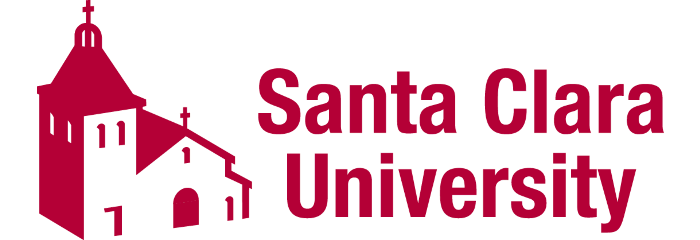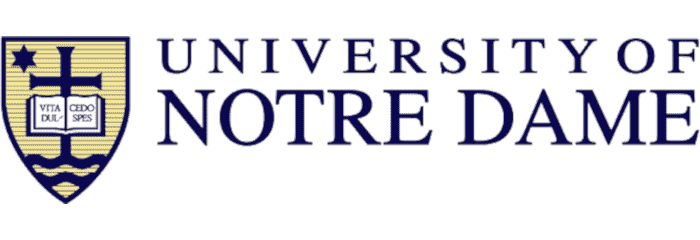
25 Best Colleges for Civil Engineering 2020
Based on median salary one year after graduating, these are the top 25 colleges that offer a bachelor's degree in civil engineering. Stevens Institute of Technology is ranked #1 with a median salary of $72,700 for alumni of the civil engineering program. The school with the lowest median debt for this degree is University of California - Berkeley; undergraduate civil engineering alumni had a median debt of $12,117. The range of median salaries for the top 25 schools is $64,100-$72,700.
Tuition, median salaries, and median debt were reported by the U.S. Department of Education in November 2019. View our methodology for more details about these rankings or read more about the top-ranked schools.
2020 Best Colleges Highlights
Learn more about the top colleges for a Bachelor's in Civil Engineering degree. You can also read student reviews of each school by clicking on the stars. Although student reviews were not used as a ranking factor in this list, we provide ratings and reviews so students can consider the experience of alumni in their decision-making process.

The Bachelor’s in Civil Engineering program at Stevens Institute of Technology not only provides its students with a foundation in engineering, science, mathematics, and computation, but also gives students experience in business engineering management and the humanities. Students may choose to focus on structural, geotechnical, water resources and environmental engineering, or construction management. Core courses during the first year include General Chemistry, Introduction to Programming, Engineering Graphics, Mechanics, Differential Calculus, Integral Calculus, and Introduction to Entrepreneurial Thinking.
There are study abroad programs and co-ops available to students and all students complete senior design projects in their senior year, through which they receive hands-on, industry experience. Stevens’ Co-op program is a five-year program that allows students studying engineering and science to alternate semesters of full-time work and full-time study, providing them with an opportunity to further explore career opportunities. Many graduates go on to pursue work as civil project engineers, site engineers, construction engineers, civil engineering designers, structural/bridge engineers, and water resources engineers.
The program is accredited by the Engineering Accreditation Commission and has partnerships with engineering consulting firms, industrial firms, and construction contractors in the public and private sector, as well as various government agencies. These connections offer opportunities for students to practice the application of civil engineering in the real world.

Santa Clara University offers a Bachelor’s in Civil Engineering program that is well-balanced and sets up graduates to solve complex problems as professionals out in the field.
The program prepares students for professional work with a foundation of engineering principles and a focus on communication skills and sustainability in design. In addition to courses in engineering, there are core requirements in English, mathematics, chemistry, physics, and many more, as well as four technical electives, including two design-focused electives, and one analysis-focused elective.
Students also have access to many laboratories with state-of-the-art equipment and instruments, including a concrete testing laboratory, an environmental laboratory for water, wastewater, and air samples, a geology laboratory, a hydraulics laboratory, a soil mechanics laboratory for testing soils, and many more. Santa Clara also offers a combined degree program that allows students to pursue both a bachelor’s of science and a master’s of science, typically completing requirements within five years. This involves taking courses required for a master’s degree before completing the requirements for a bachelor’s degree, amounting to an additional 45 units of coursework. Within five years of completing the program, graduates are designing, building, maintaining, or improving civil infrastructure systems, serving the community as ethical and responsible professionals, and engaging in lifelong learning for professional growth.

The Bachelor of Science in Civil Engineering program at San Jose State University prepares students to engage professionally with infrastructure and the built environment. The program provides students with a well-rounded knowledge of engineering, mathematics through differential equations, calculus-based physics, probability and statistics, and one additional area of science of their choice. Core courses also include studies in Plane Surveying, Engineering Graphics CAD and Programming, Transportation Engineering, Hydrology and Hydraulics, Structural Analysis, and Geotechnical Engineering. Students, along with their consulting advisor, also choose four electives from several options, such as Traffic Engineering, Street and Highway Design, Design of Steel Structures, Design of Wood Structures, Earthquake Resistant Design, Solid Waste Management Engineering, and more.
The undergraduate program is accredited by the Engineering Accreditation Commission of ABET, with classes from award-winning professors, hands-on laboratory experiences, field trips. Students are also able to participate in student clubs such as Associated General Contractors, the Institute of Transportation Engineers and Water Environmental Federation, and the American Society of Civil Engineers.
SJSU also provides its students with numerous labs and facilities such as a materials laboratory, a concrete laboratory, an asphalt laboratory, hydraulics laboratory, and a soil engineering laboratory. Graduates of this program have gone on to work for city and regional engineering departments, state agencies, and in industry.

The University of Notre Dame’s Civil Engineering program is an ABET-accredited program involving two years of study in the general principles of science and engineering and two years of study focused on hands-on topics specific to civil engineering. Core courses include General Physics, Calculus, Solid Mechanics, Engineering Programming, Computational Methods, Fluid Mechanics, Hydraulics, and Dynamics and Modeling. Students are also required to complete a Senior Design project in their final year.
The hands-on undergraduate experience also includes in-depth field trips, undergraduate research programs, service projects, and national and regional undergraduate project competitions. Seminars available to students feature leaders in industry, consulting, government, and academia providing insight into addressing problems in the field. Topics covered through the seminar series include Environmental Fluid Dynamics, Environmental Engineering and Earth Sciences, Structural Engineering, and Challenges and Innovation in Civil and Environmental Engineering. Each year, the department hosts a field trip for juniors, during which students learn about how the natural environment interacts with infrastructure in a system. Past trips have been to locations like New Orleans and New York City to examine the systems in place in the aftermath of significant events.
Numerous opportunities are available outside of class to those in the department, including service opportunities through Engineers Without Borders and Engineering2Empower, undergraduate research opportunities, engineering competitions through the ASCE chapter, and multiple honor societies.